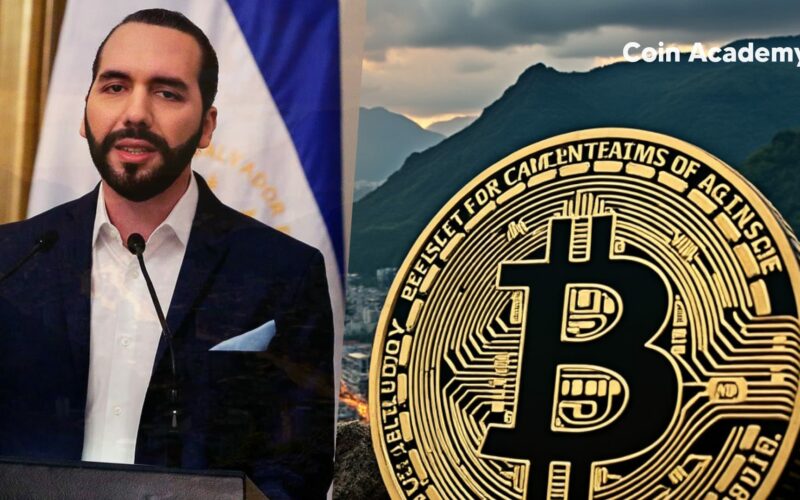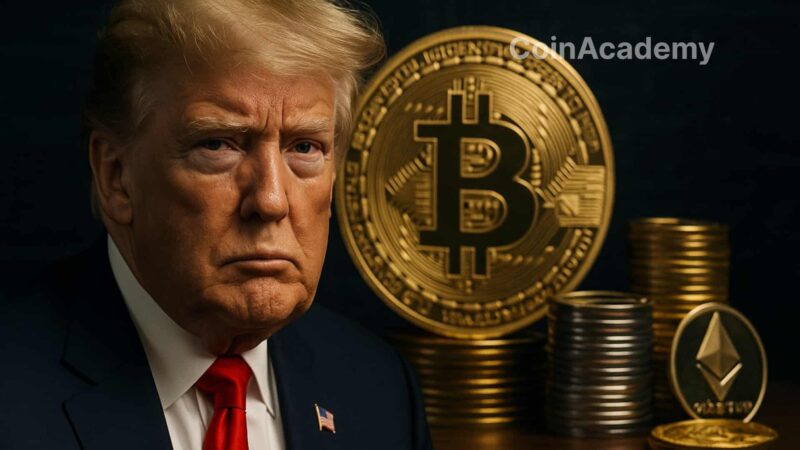Since adopting Bitcoin as its legal tender in 2021, El Salvador has faced constant scrutiny from global financial institutions, particularly the International Monetary Fund (IMF).
The IMF has stated that the use of Bitcoin as an official currency poses a significant risk to a country’s economic stability. The unpredictable fluctuations in Bitcoin’s value, which can sometimes reach 70% within short periods, create extreme uncertainty for governments trying to manage their budgets.
Despite the IMF’s clear recommendation against recognizing cryptocurrencies as official currencies, El Salvador has chosen to disregard this advice. This decision has led to growing tension in discussions regarding loan and refinancing conditions between the two entities. The IMF’s reluctance has become a major obstacle for the country’s access to new funding.
The Role of the IMF and Its Relationship with El Salvador
The International Monetary Fund (IMF) plays a crucial role in global economic stability by providing financial assistance and advice to member countries. It monitors economic policies, helps resolve balance of payment issues, and promotes international monetary cooperation.
In the case of El Salvador, the IMF has been involved in assessing the country’s economy and has proposed recommendations to improve its financial stability. The relationship between the IMF and El Salvador has intensified in recent years, particularly due to the country’s adoption of Bitcoin as legal tender. This decision has raised concerns within the IMF regarding potential risks to economic stability. Currently, El Salvador is in negotiations with the IMF for financial aid, but the discussions are complicated by the implications of its innovative monetary policy.
El Salvador’s Debt and Critical Refinancing Needs
Despite having “only” $188 million in debt with the IMF, El Salvador heavily relies on its international credit to finance its operations and stabilize its economy.
The country’s ability to refinance depends on the credibility it obtains from major institutions like the IMF. El Salvador is compelled to maintain good relations with the Fund to secure favorable loan terms, not only from the IMF itself but also from other international lenders.
In fact, the impact of the IMF’s position goes beyond its direct loans. Many other international creditors rely on the IMF’s opinion to assess a country’s solvency, similar to credit rating agencies like Standard & Poor’s. Without this validation, the interest rates on the loans obtained by El Salvador could increase, further exacerbating the already high national debt burden.
Debt Management: El Salvador Announces Invitation for Buyback of its Outstanding Bonds
El Salvador has announced the launch of an invitation to submit offers for the cash repurchase of all its outstanding bonds. This invitation is part of a broader program for proactive management of the country’s external public debt, aiming to promote conservation and sustainability initiatives.
The invitation began on October 4, 2024, and will end, unless extended or terminated early, on October 10, 2024, at 5:00 pm New York time. El Salvador reserves the right to accept only a portion of the submitted offers or extend this period at its sole discretion. The process also includes concurrent financing ensured by JPMorgan Chase Bank.




